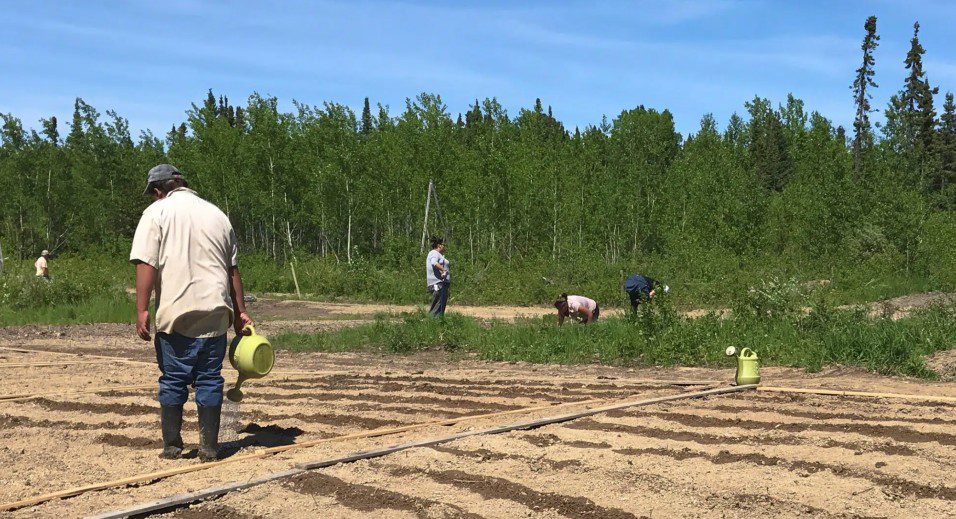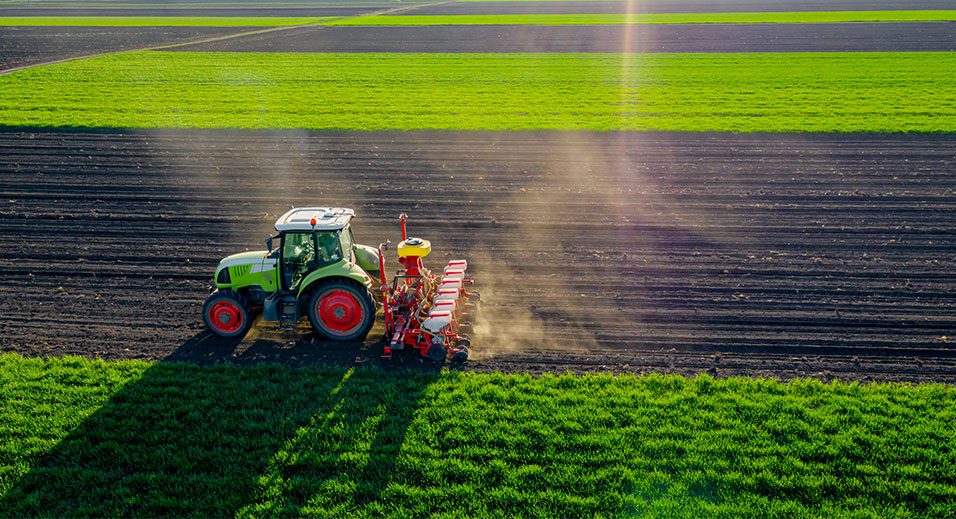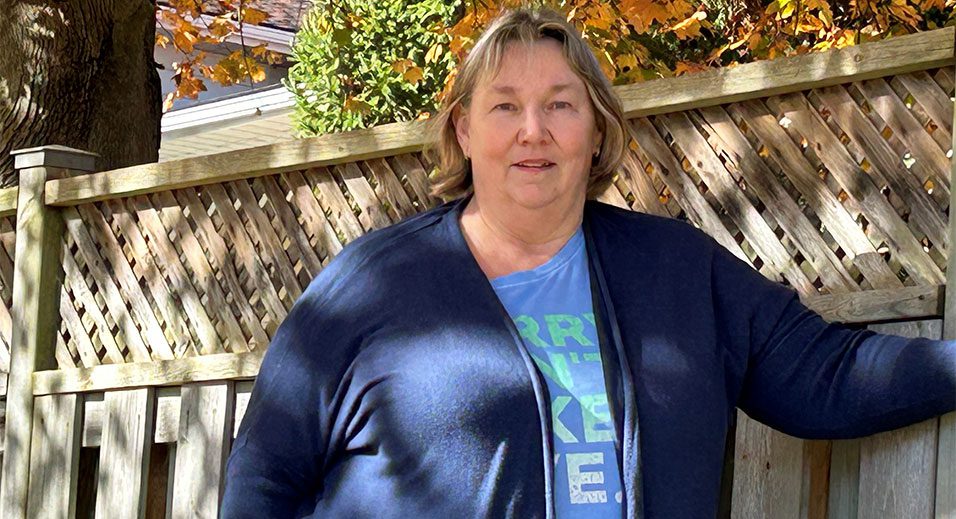I joined Maple Leaf Foods because I was inspired by the company’s culture of sustainability, its vision for the future and its commitment to establish the Maple Leaf Centre for Action on Food Security.
“The promise to help feed opportunity and build food security – throughout Canada.”
Since 2016, the Centre has collaborated with organizations and individuals looking to advance food security in Canada. We fund projects, create partnerships and collaborate to advance food security. One of our partners is the Northern Manitoba Food, Culture and Community Collaborative, which supports food security projects in remote communities.
Garden Hill First Nation, located about 650 kilometres northeast of Winnipeg, is home to one of those projects. Because food access is limited, cost-effective solutions are needed to create food security among the community of 4,400.
Meechim means “food” in Oji-Cree, and in 2015 the Meechim Farm was founded to help reduce dependency on food items shipped from the south, to improve the overall health of the community through healthier food options, to provide youth and adult training, and to offer employment opportunities.
Arriving in Garden Hill
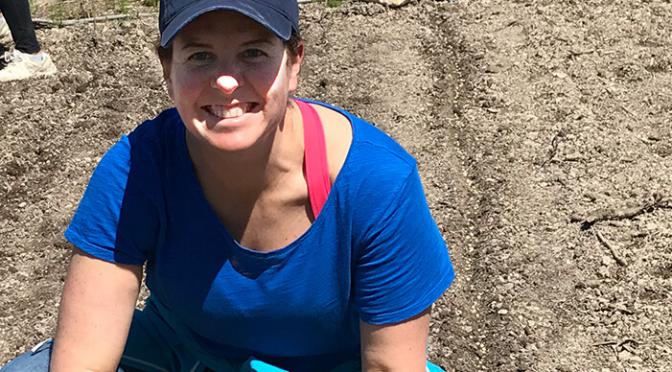 To visit Garden Hill, I boarded a small plane in Winnipeg. This was my first visit to a fly-in community, one that is only accessible by plane in the summer and ice road in the winter. What struck me from the air was the landscape’s incredible beauty. It helped me better understand a quote I saw at the Canadian Museum for Human Rights before I left Winnipeg:
To visit Garden Hill, I boarded a small plane in Winnipeg. This was my first visit to a fly-in community, one that is only accessible by plane in the summer and ice road in the winter. What struck me from the air was the landscape’s incredible beauty. It helped me better understand a quote I saw at the Canadian Museum for Human Rights before I left Winnipeg:
“Indigenous philosophies are premised on the belief that the human relationship to the earth is primarily one of partnership. The land was created by a power outside of human beings, and a just relationship to that power must respect the fact that human beings did not have a hand in making the earth; therefore, they have no right to dispose of it as they see fit.”
I travelled to Garden Hill with Julie, the lead for the Collaborative. She had visited the community and built relationships with a number of the residents. She showed me around and helped make key introductions. We then met up with Geordie and Erica, who took us to the Meechim Farm. Geordie and Erica run the farm on a day-to-day basis, with the help of a southern farmer who spends about 10 days each month at the operation. And what an operation! I was immediately impressed by what I saw – the scale of innovative thinking and use of traditional knowledge.
Much of the Meechim Farm’s infrastructure, for example, is centred around shipping containers. All materials needed for the farm arrive in these shipping containers, which are trucked into the community during a period of 6–10 weeks each winter, when the roads are passable. The empty containers then serve as skeletons for the greenhouse and chicken brooder, and for farm equipment storage.
Innovative solutions
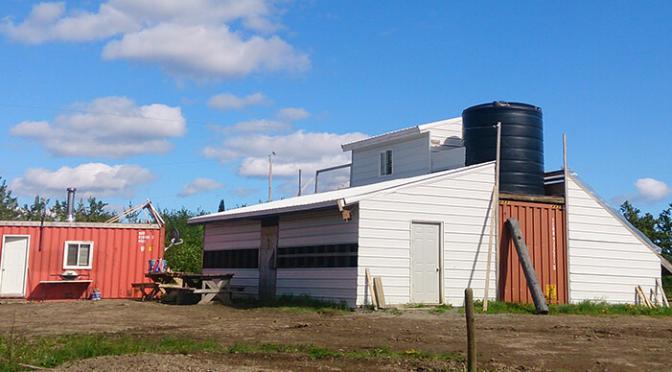
Innovative practices are abundant. When crews first prepared the Meechim soil for planting, they realized it would be a challenge to grow anything in the area’s thick clay. They needed a solution. As it turns out, fish compost is an effective fertilizer in challenging soil – a technique confirmed by a 2015 study. It also turns out that using fish compost is a traditional fertilizer practice in Garden Hill, though knowledge of its benefits had been lost over the years. The Meechim Farm project helped the larger community regain this piece of traditional knowledge.
I was excited to meet everyone and get my own hands dirty. Most farmhands were in their second year on the farm – their first, and potentially only, employment opportunity in the area. They all took great pride in their work and sensed how important the farm was and could become.
I know that to really understand what is happening in a community, you need to spend more than a few days there. What I saw at the Meechim Farm excited me. The project has potential to provide locally sourced, nutritious food for Garden Hill, to create employment and training opportunities, and to serve a greater purpose. It has the promise to help feed opportunity and build food security in northern Manitoba – and communities throughout Canada.
